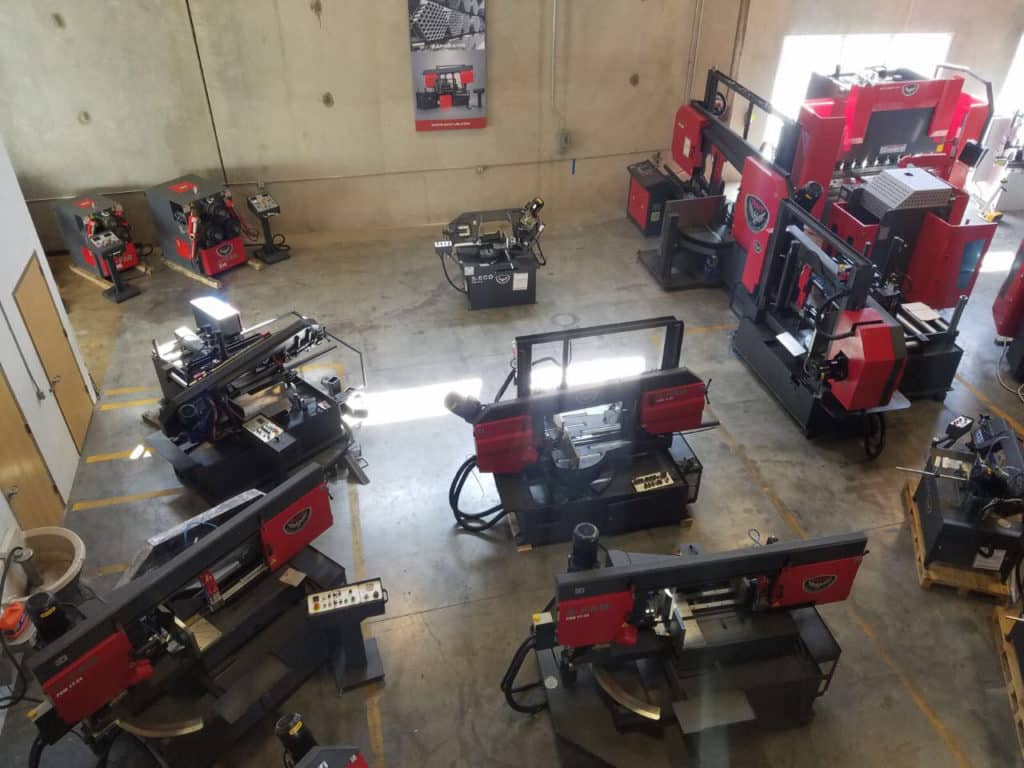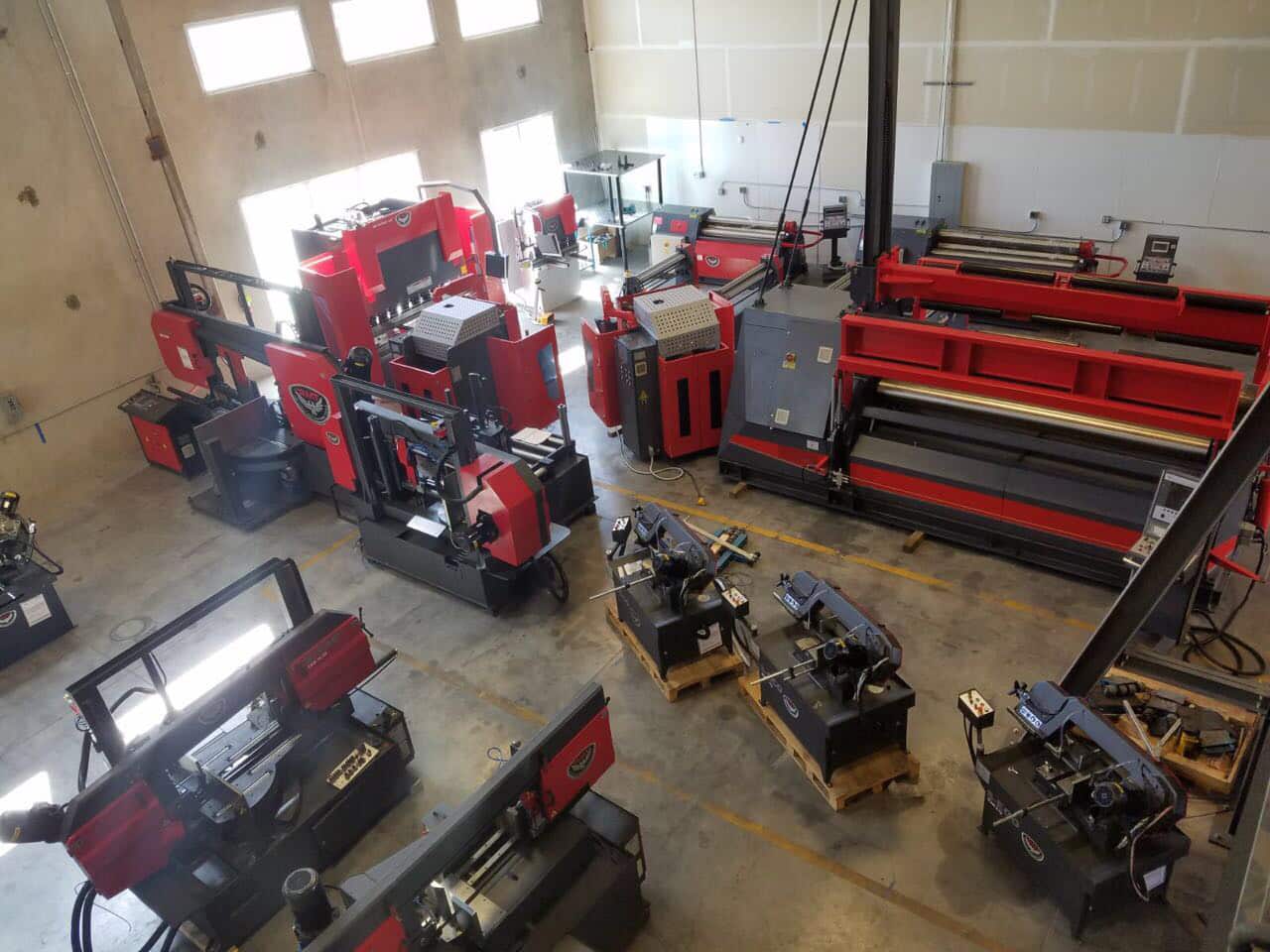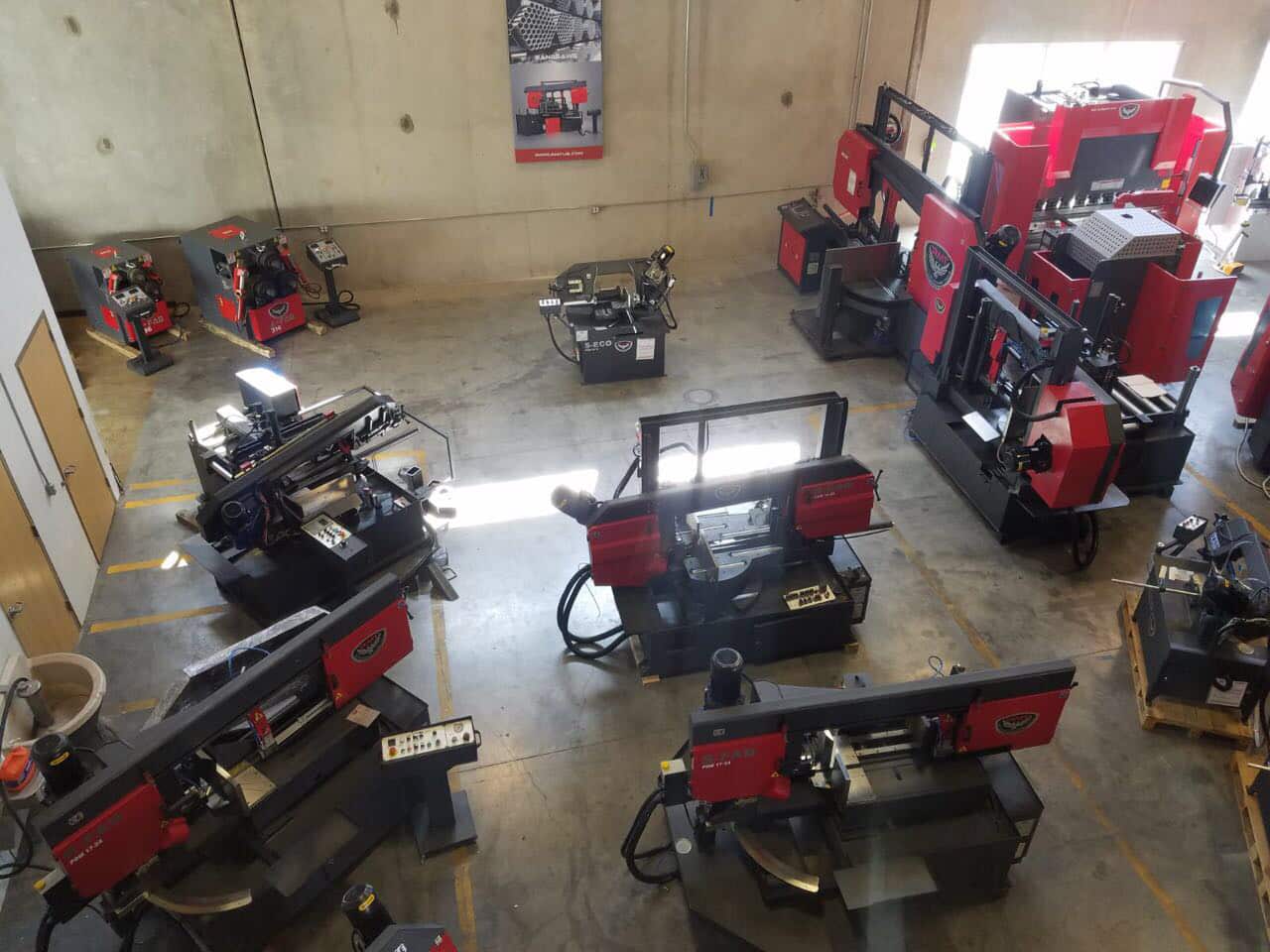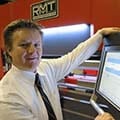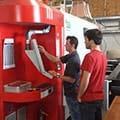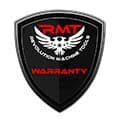Beyond the Basics
You’ve set up a small metal fabrication shop. Maybe you are running a very small operation out of your garage, or perhaps you are a welder who’s expanded into fab work to diversify what you can offer your customer base. In any event, you probably already have the basic machines: a band saw, an ironworker, a press brake, a shear, maybe a plate roll and an angle roll. You want to offer more services, or be able to take on bigger and more complex jobs—so where do you go from here?
The sky’s the limit on what you can do to grow. Your budget, however, likely has other plans. You need to consider carefully how you can expand your fab shop operation, based on some very simple principles:
- When? What is the timetable for expansion? What are some deadlines that might influence your decisions?
- What? What machines do you need to get? Which ones are more important, and which can be postponed short or long term?
- Who? Will you need to hire more people with an expanded shop? Are you prepared with all the personnel and payroll issues required to grow your team?
- Where? If you expand, will you need a bigger shop? Are there some machines or processes that can be located offsite?
- Why? Why are you expanding? Is it just to have the niftiest toys, or do you see some real profit potential in having a bigger operation?
- How? How will you pay for your expansion? Do you have a business plan that has a slow and careful expansion built into it? If not, can you create one that will allow you to expand without going into massive debt?
All of these factors should be thoughtfully taken into consideration before even buying one new hand-held tool, let alone a whole new metalworking machine.
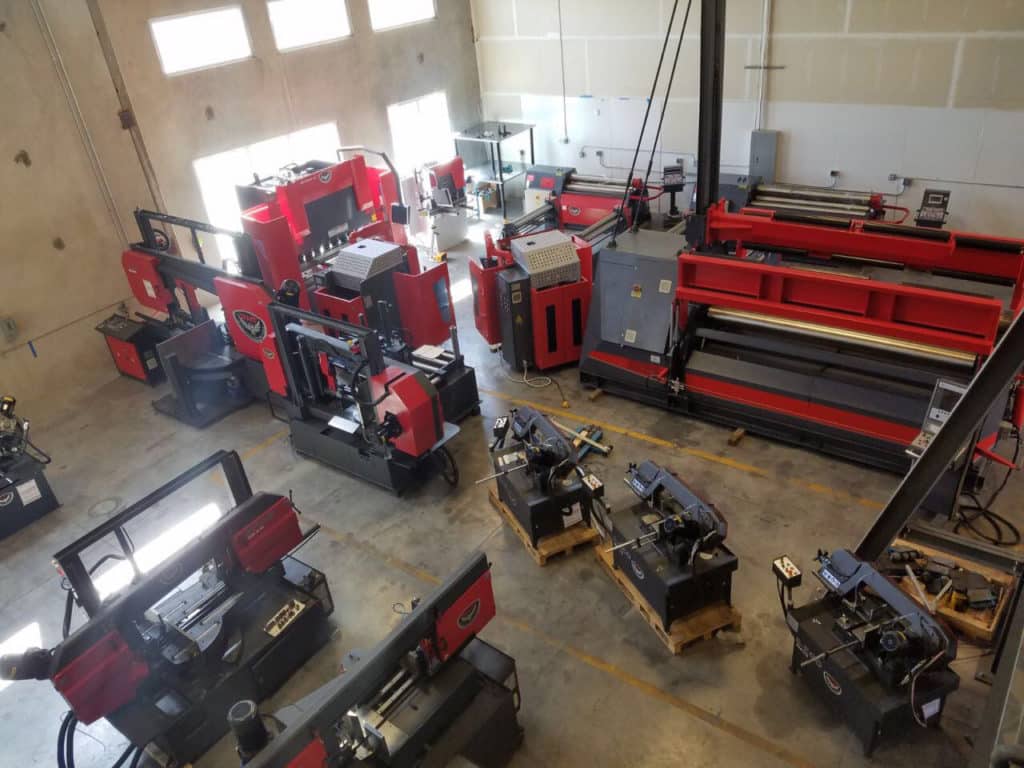
Slow and Steady Wins the Race
Everyone knows the Aesop’s classic fable, The Tortoise and the Hare. Written over 2500 years ago, the story and the lesson it teaches has stood the test of millennia. In the story, the hare accepts the challenge of a race from the tortoise who he’s made fun of for being slow. Naturally the fast animal quickly gets a huge lead on his contender. Because he is so sure of winning, he gets over-confident to the point of cockiness and carelessness—and he stops to rest and take a quick nap.
Waking from his comfortable sleep, he sees to his horror that the tortoise is only feet away from the finish line. He sets off at top speed, but the tortoise, who has been plodding along at a slow and steady pace, crosses the line just before the hare arrives. The lesson is timeless—no matter your ability, it is persistence that pays off on the road to success.
Fabricators who overextend and then wind up in financial trouble—or even bankruptcy—is a common occurrence in the industry. Patiently expanding your business as you can afford it will pay off far bigger dividends in the long run than just plunging headfirst into excessive debt on machines you may not really even need.
Expanding: Where To Start
While it’s tempting to buy the coolest new cutting-edge piece of equipment that you think you might be able to use someday, the criteria for selecting new machines should always put pragmatism before ego. Some questions to ask could include:
- What kinds of projects did I see myself eventually doing when I got into fabrication?
- What processes am I frequently having to job out to other shops?
- Would upgrading my current equipment to have greater capacities or better technology help my business more than purchasing a completely different machine?
- Would it be better to channel my resources into a different area of metalworking (such as HVAC, welding, or perhaps chip-making machine tools like lathes and mills) than to buy more heavy fab machines at this time?
When you look at new machines to purchase, weigh all types and options carefully. Visit other fabrication and machine tool shops and see what they have on the floor (and note what machines aren’t currently used in production). Get an extensive full-line catalog from your local metalworking machine dealer or check through their website carefully. As you get an appreciation for the wide range of machines in the industry and learn what different options are offered with each, you’ll be better qualified for making an informed decision on what machines to get and in which order.
The sky is the limit on where you can take your metal fabrication business. You just need to set small, achievable goals you can reach one at a time and on budget. Then you can create the fab shop of your dreams and leave a lasting legacy in your community’s fabrication industry.
